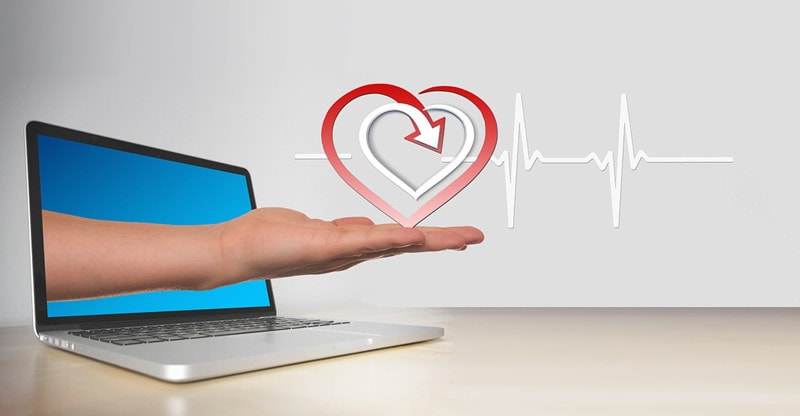How Technology Is Changing the Processes in Healthcare
With the ongoing Industrial Revolution 4.0, technology has become the driving force for many industries, including healthcare. Recent innovations have led to breakthroughs in data collection, research, and treatments. This article will look at some significant ways in which technology has impacted and changed healthcare processes for the better.
Online Medical Consultations
There has been a growing number of forums and apps with a database of real doctors that provide instant and useful advice on medical-related queries. HealthTap is an example of this kind of platform. It describes itself as “the next-generation virtual healthcare provider” that provides 24/7 access to U.S. board-certified doctors.
You can even schedule to see a doctor via video or text chat. The app stores your health data, including medical treatments, prescriptions, etc. and what’s even better is it is affordable. Needless to say, this app means a lot to people without insurance.
Getting a doctor’s advice has now become easier than ever as you no longer need to leave your house and wait in line for your turn to see a doctor.
Data Management
Data management is so crucial to improving the speed of diagnosis, analysis as well as treatments for the patients. With the help of technology, a healthcare system can connect all the hospitals and clinics across the country and saves patient’s data, medical history, and treatments throughout their life.
One clinic here explains that not only will this help doctors arrive at the correct diagnosis and treatment, given the patient’s full medical history, but it will also help save time for the doctors and emergency staff who need instant access to this data to act quickly and save a human life.
Many countries in the world have digitized their healthcare systems, such as the U.S. and China.
Artificial Intelligence
Many major technology companies all over the world are now focusing on the development of Artificial Intelligence to advance healthcare, such as Google’s DeepMind. The company has developed AI for breast cancer analysis and identification, with studies showing that its algorithm even outperformed human radiologists by 11.5%.
Another exciting technology that has been developed is Corti, which is another A.I. program that listens to the caller’s voice and helps alert emergency medical staff if it identifies a heart attack on emergency phone calls.
Drones to Deliver Medical Supplies
Drones are being used nowadays to help deliver medical supplies to remote areas that are hard to get to. Remote areas in developing countries usually also face a serious lack of clinics so this is a great way to speed up the process as technically, drones can fly anywhere.
In Ghana and Rwanda, medical companies have already started using drones to deliver medical supplies to thousands of clinics, thus helping to save tens of thousands of lives.
Mobile Apps for Medical Services
Millions of people are now using different kinds of mobile apps for medical services. Some apps can be your personal trainer on your smartphones like Fitbit, apps that provides nutrition information by scanning barcodes and daily calorie intake like Fooducate, and even apps that inform users of risks from non-communicable diseases.
Users are now becoming more informed than ever about health risks, as well as ways to maintain their health.
Self-Testing Kits
As seen in the most recent COVID-19 virus spread, in an emergency, self-testing kits quickly become one of the hottest items for cross-border trade, alongside face masks and hand sanitizer.
For some years now, researchers have been developing HIV self-testing kits using the latest technology. These kits are now available in many countries and it is hoped that they will help the 8.1m people who are living with HIV to find out about their infection and help slow down the spread of the virus.
With the use of these self-testing kits when vaccines are still not available, the goal to end AIDS by 2030 and the goal right now to end COVID-19 may yet be possible.
Technology is impacting every aspect of our lives, and certainly, it is also playing a big part in our medical services. It is not far-fetched to say that technology will redesign healthcare. New tools and innovations have and will continue to improve diagnosis and analysis, develop and produce drugs faster, collect and manage data efficiently to save even more lives than ever.
This article has only outlined a few ways in which technology has changed the healthcare processes, but there are still many other advanced developments out there that are revolutionizing the world’s healthcare systems day by day.



